As the automotive industry continues to thrive, numerous brands stand out for their innovation, reliability, and customer satisfaction. When choosing a vehicle, it's important to consider both the latest models and the longstanding reputation of the manufacturers behind them. Key players such as Toyota, Ford, and Mercedes-Benz consistently earn high marks for quality and performance, making them popular choices for consumers worldwide. To explore a detailed list of the best vehicle brands and what makes each of them a standout, look below.
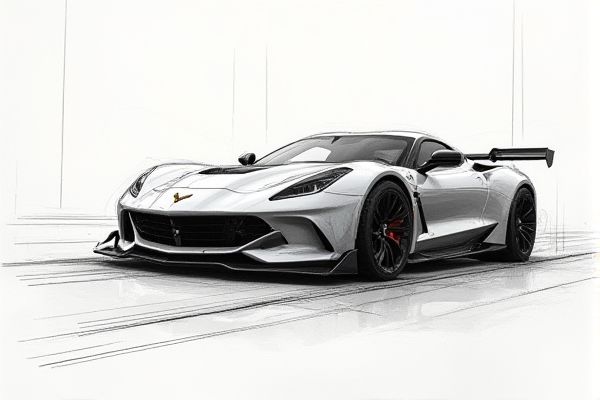
Illustration of vehicle
Best brands of vehicle in 2025
Toyota
Toyota stands as the world's largest auto manufacturer, boasting a global market share of 10.7% in 2023, surpassing competitors like Volkswagen and Honda. The company has achieved a cumulative global production of 300 million cars, with the Corolla series leading at 53.399 million units as of September 2023. In the U.S., Toyota Motor North America reported 2,248,477 vehicle sales in 2023, a 6.6% increase from the previous year. Models like the Camry, RAV4, and Corolla are highly popular, with the RAV4 being the top choice in 12 states in 2022. Toyota's success is also reflected in its strong fourth quarter of 2023, with a 15.4% increase in vehicle sales. For more detailed information, visit their corporate newsroom.
Mercedes-Benz
Mercedes-Benz stands as a pinnacle of automotive excellence, having sold over 2.04 million vehicles worldwide in 2023 and capturing 2.2% of the U.S. light vehicle market. In 2023, Mercedes-Benz USA reported a 0.2% increase in total sales to 351,746 units, with electric vehicle sales growing by 248% to 43,202 units, which comprised 15% of overall passenger vehicle sales. The brand also saw a 15% increase in Top-End segment sales and a 22% rise in Mercedes-AMG high-performance models. With a strong customer satisfaction index score of 83 in 2024, Mercedes-Benz continues to redefine industry standards with its blend of elegance, technological advancements, and exceptional performance. The brand's commitment to innovation is evident in its introduction of the first hybrid vehicle in 1906 and its ongoing expansion into electric vehicles. For more details, you can explore Mercedes-Benz's offerings.
BMW
BMW is renowned as one of the best vehicle producers globally, known for its premium quality, innovative engineering, and cutting-edge technology. In 2021, the BMW Manufacturing plant in Spartanburg, South Carolina, set a production record by producing 433,810 BMW X vehicles, a 20% increase over the previous year, and also saw a 48% increase in electrified vehicle production. The company has experienced significant growth in electric vehicle sales, with a 63% surge in U.S. electric vehicle sales in the first quarter of 2024. BMW's commitment to electric mobility is evident, with a 19.1% increase in fully-electric vehicle sales in the first nine months of 2024. The brand's strong market presence is further highlighted by its global sales of over 2.55 million vehicles in 2023.
Honda
Honda is one of the leading vehicle producers, demonstrating significant growth and resilience. In April 2024, Honda's worldwide production saw a year-over-year (YOY) increase of 115.7%, with total production reaching 316,679 units, marking the first YOY increase in three months. In the U.S., Honda's sales for the second quarter of fiscal year 2024 surged by 51%, far exceeding the industry's 16% increase, with models like the Accord and Civic seeing substantial sales hikes of 74% and 104%, respectively. Honda's manufacturing in America is robust, with 12 plants producing 3.5 million products annually and exporting over 13.4 million U.S.-made products since 1987. This performance underscores Honda's commitment to quality and innovation. For more information, visit their official website.
Ford
Ford is one of the leading automobile manufacturers globally, renowned for its innovative production methods and widespread market presence. In 2023, Ford achieved significant milestones, including selling 4.4 million vehicles worldwide, a 4% increase from the previous year, and generating $166 billion in revenue, an 11% increase. The company employs over 183,000 people worldwide and operates nearly 10,000 retail dealerships, sourced by 48 manufacturing and assembly plants. Ford also leads in U.S. production, assembling more than 1.8 million vehicles in the country, with nearly 80% of the vehicles sold in the U.S. being assembled in America. The company's commitment to innovation is evident in its best-selling F-Series truck franchise, which includes gas-powered, hybrid, and electric pickup trucks. To learn more about their impact and presence in America, visit their social impact page.
Audi
Audi is a leading vehicle producer, recognized for its robust production and sales performance. From 2019 to 2023, Audi's production volume fluctuated between 1.79 and 1.94 million cars, with a notable increase of 13% in 2023 to 1.94 million units. In 2022, Audi delivered 1,614,231 cars worldwide, highlighted by a significant 44.3% increase in electric model deliveries to 118,196 units. The brand experienced strong sales in Europe, particularly in Germany, where sales surged by 18.7% in 2022. In 2023, Audi delivered around 1.9 million vehicles, which included over 178,000 fully electric vehicles, marking a 51% increase from 2022. For more detailed statistics on Audi's production volume, you can visit their official statistics page.
Tesla
Tesla remains a leading player in the global electric vehicle (EV) market, capturing 11% of total EV sales with 625,596 units sold between January and May 2024. Despite facing competition, Tesla delivered 462,890 vehicles in Q3 2024, a 6% increase from the previous year. The company produced 469,696 vehicles in Q3 2024, with an all-time record of 479,700 units in Q2 2023. Tesla's annual production has consistently risen, reaching 1,845,985 units in 2023, a 35% year-over-year increase. In the U.S., Tesla still dominates with a 48% market share in EV sales as of Q3 2024. For more detailed statistics, visit this Tesla sales statistics resource.
Lexus
Lexus has solidified its position as one of the leading luxury vehicle brands, achieving a global record high of 824,258 unit sales in 2023, a 32% increase from the previous year. This growth was driven by strong demand in regions such as North America, Europe, and Japan, with a notable 47% of sales coming from electrified vehicles, including the new RX and RZ models. In Europe, Lexus saw a 46% increase in sales, with key models like the NX, RX, and UX contributing significantly. The brand also experienced a remarkable 229% increase in sales in Japan. Lexus's market share in the U.S. luxury vehicle segment stands at 16.9%, positioning it as a major competitor in the industry. For more insights on their achievements, explore Lexus's global sales results for 2023.
Hyundai
Hyundai is one of the leading vehicle producers, demonstrating strong performance in the global market. In the first quarter of 2024, Hyundai reported a 7.6% year-over-year increase in revenue to KRW 40.66 trillion (approximately USD 31.4 billion), despite a 2.3% decrease in operating profit to KRW 3.56 trillion (USD 2.75 billion). The company sold 1,006,767 units globally in Q1 2024, with international sales increasing by 1.9% to 846,800 units, driven by strong performances in North America and India. Hyundai also achieved a significant milestone in the U.S. EV market, securing a 10% market share from January to July 2024, with models like the Ioniq 5 and Ioniq 6 contributing to this success. The company aims to sell over 4.24 million vehicles globally by 2024, reflecting its confidence in its product lineup and market strategies. For more details, visit their official press release.
Volkswagen
Volkswagen is one of the leading vehicle producers globally, having produced 8,716,606 vehicles in 2022, marking a 5.2% increase from the prior year despite challenges from semiconductor shortages and supply chain disruptions. The company operates 121 production plants worldwide and employs around 307,000 people globally. In 2023, Volkswagen achieved a significant revenue of EUR 322.3 billion (USD 353.5 billion) and held a 6% global automotive market share. The company has seen a 35% increase in battery electric vehicle deliveries, reaching 771,000 units in 2023. Volkswagen's market share in Europe reached a record 27.6% in October 2024, driven by strong electric vehicle sales.










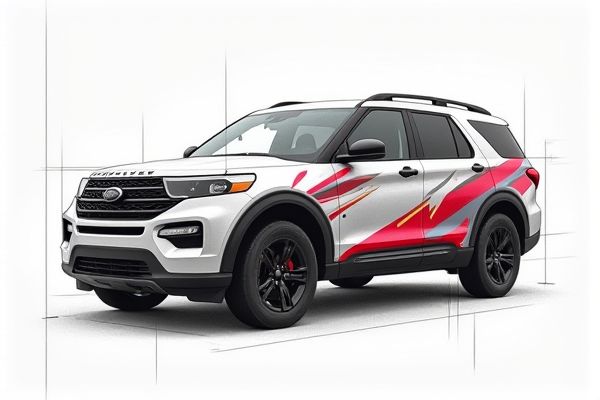
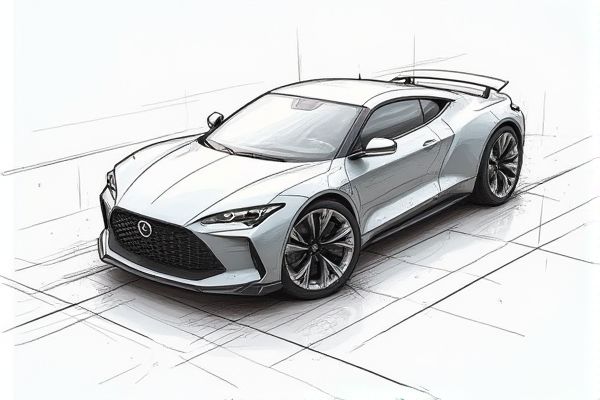

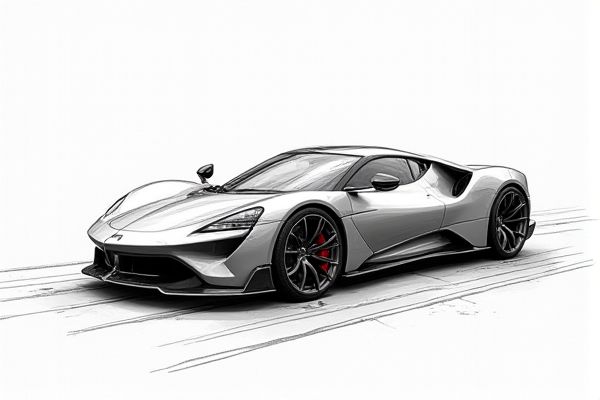
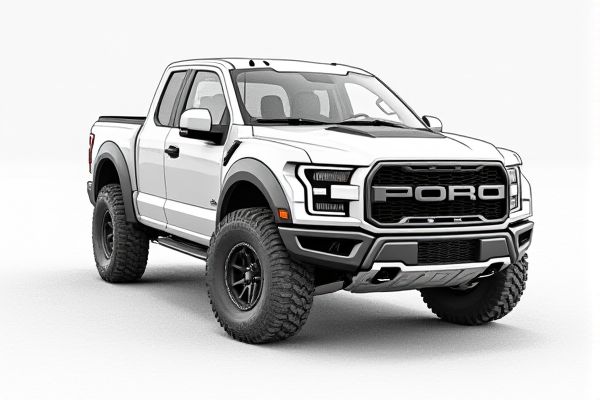

Leave a Reply
Your email address will not be published.